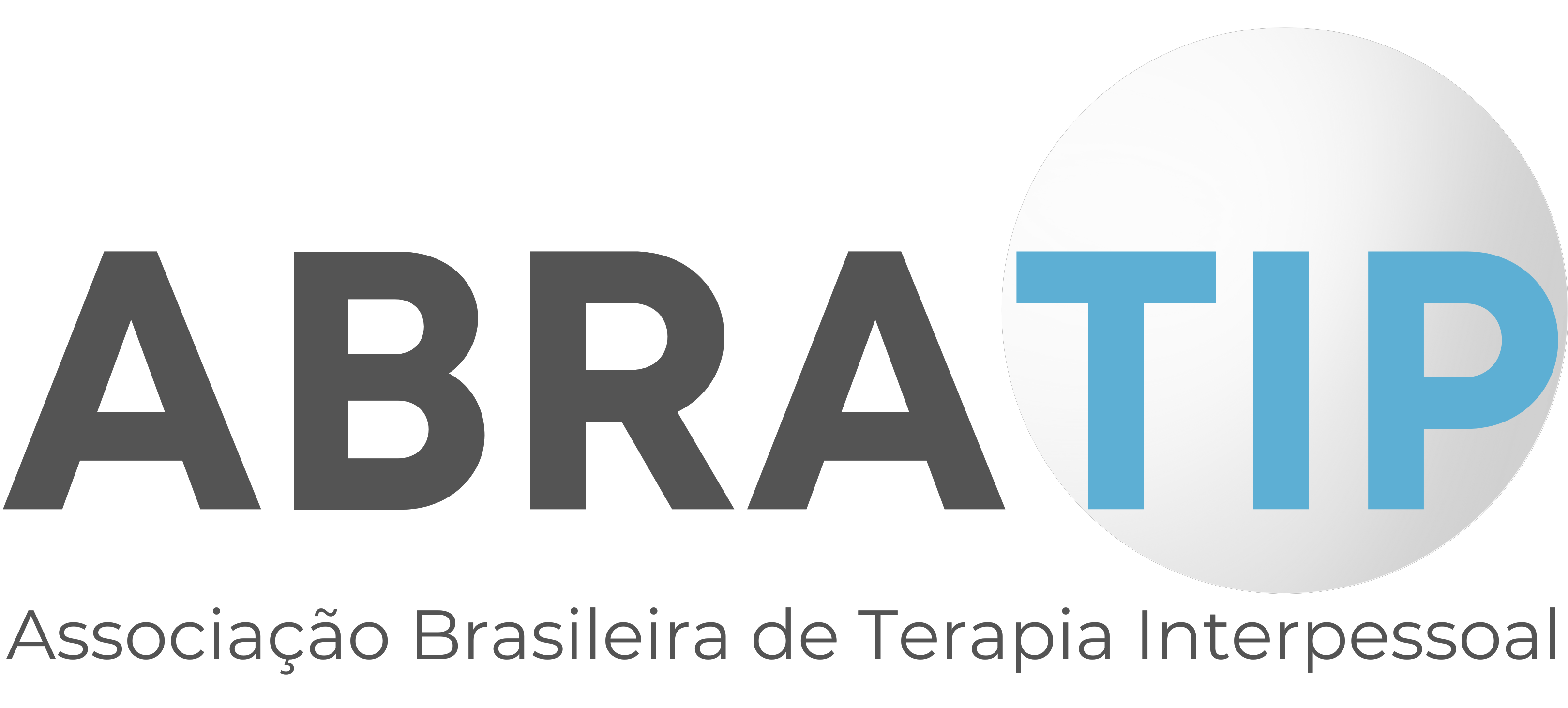Context
One and five women will experience PPD and are at risk for chronic major depression.4 Suicide accounts for 20% of postpartum deaths and is the second most common cause of mortality in postpartum women.6 PPD is associated with difficulties bonding with and nurturing one’s newborn as well as long term risks for children including mpaired learning and behavioral and mental health problems.2,3,5 Only 15.8% of women with PPD receive treatment, 6.3% receive adequate treatment, and 3.2% achieve remission.1 It is within this context that Posmontier et. al. aim to enhance access to evidence-based care for PPD by utilizing a more convenient delivery system (e.g., telephone) and providing treatment by a trusted, less stigmatizing health care provider (e.g., nurse-midwife).
Methods
This study is a prospective, non-randomized, ‘open label’ study of IPT compared to referral to a mental health provider for postpartum women meeting DSM-IV-TR for Major
Depression. Women receiving routine postpartum care by their obstetric provider were referred for study participation if they reported a score of ≥ 9 on the Edinburgh Postnatal Depression Scale (EPDS). For those women willing to take part in the study, the principal investigator completed the informed consent process and a research assistant completed eligibility and baseline assessments. Certified Nurse-Midwives (CNM) trained in IPT administered 8, 50-minute telephone therapy sessions to women who had received obstetric care at certain obstetric practices. Women identified with PPD at other obstetric practices were referred to a mental health professional. After accounting for baseline group differences, scores on the Hamilton Rating Scale for Depression (HRSD) were compared between groups at 8 and 12 weeks after enrollment in the study.








